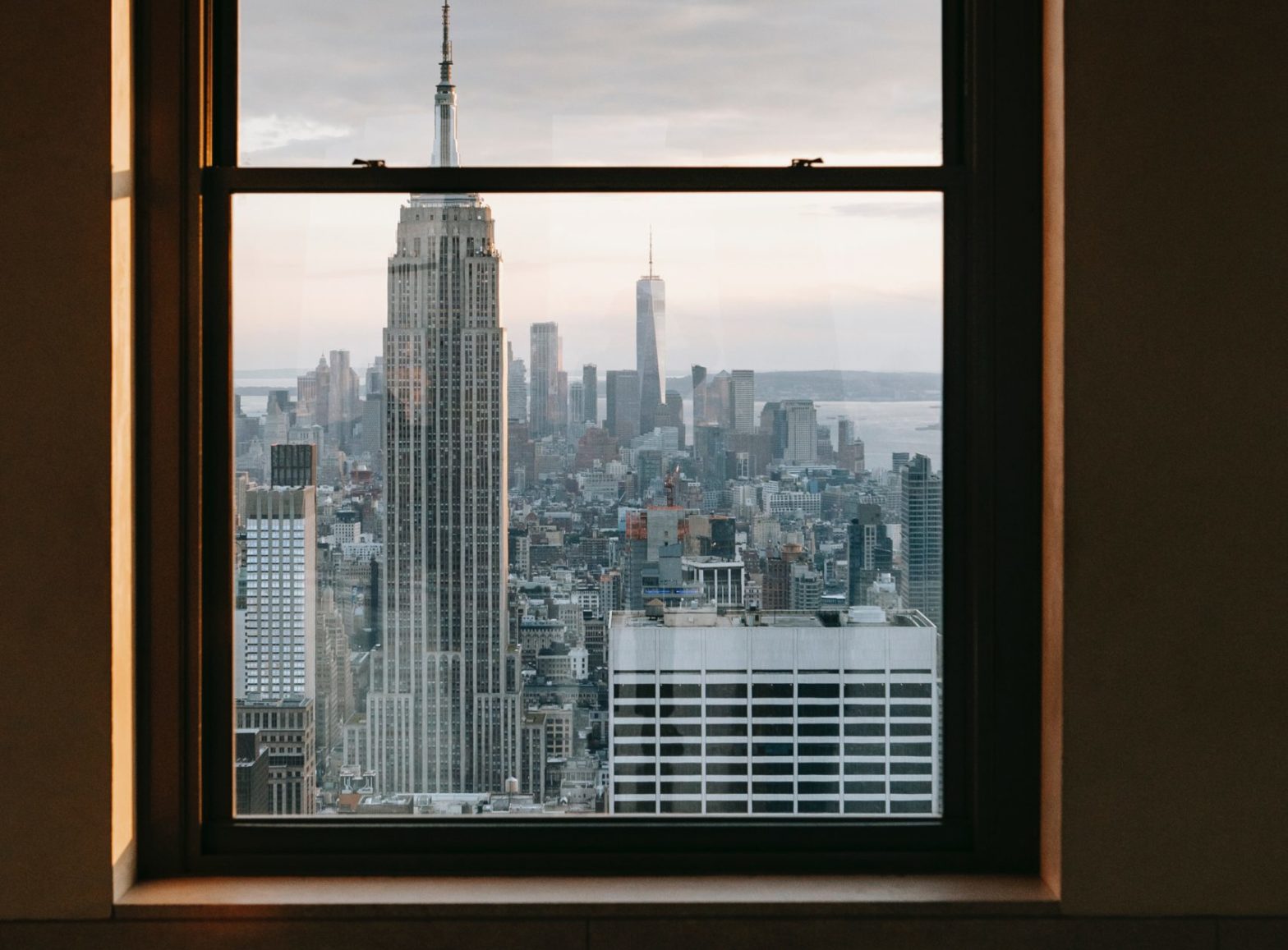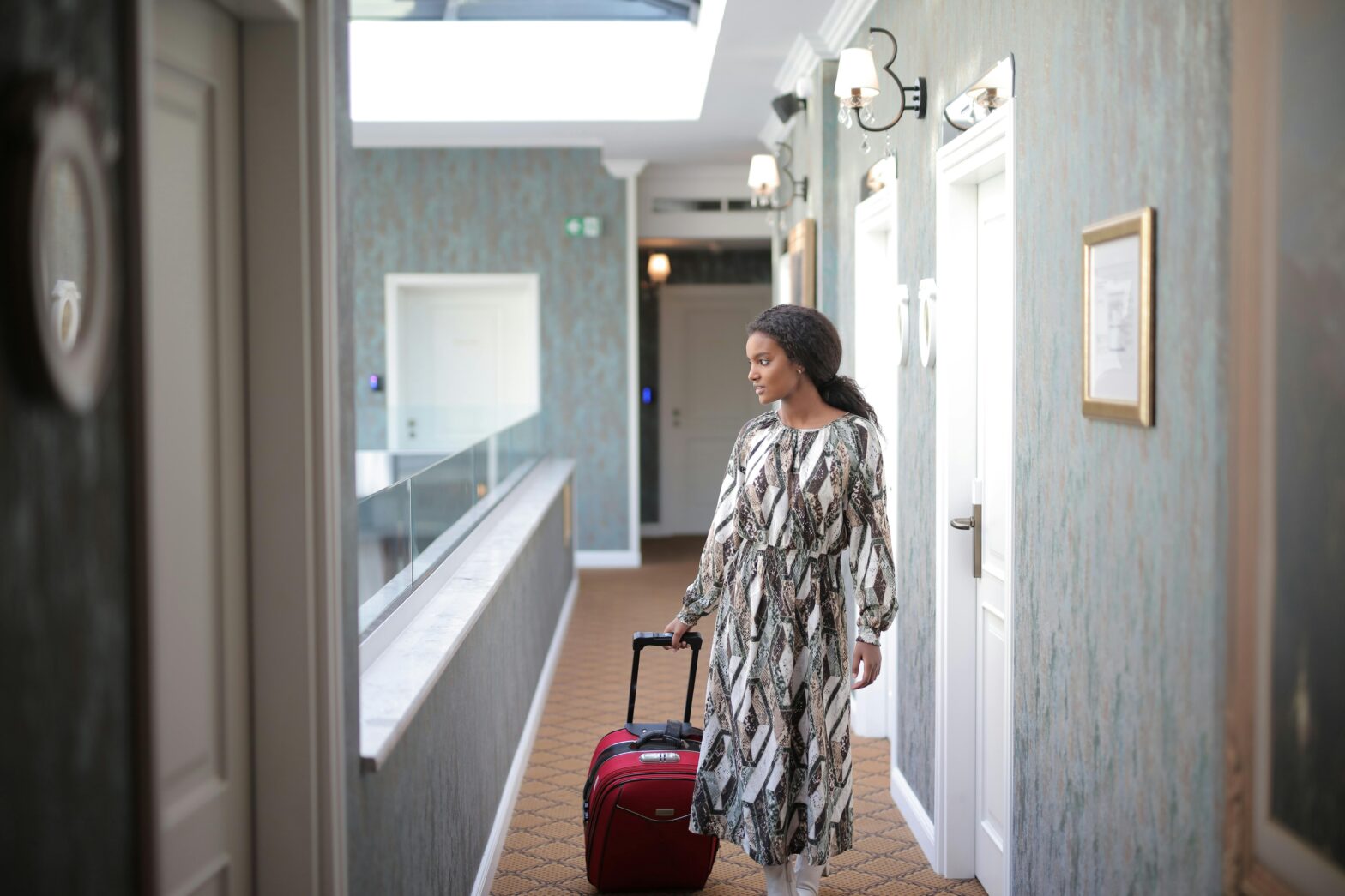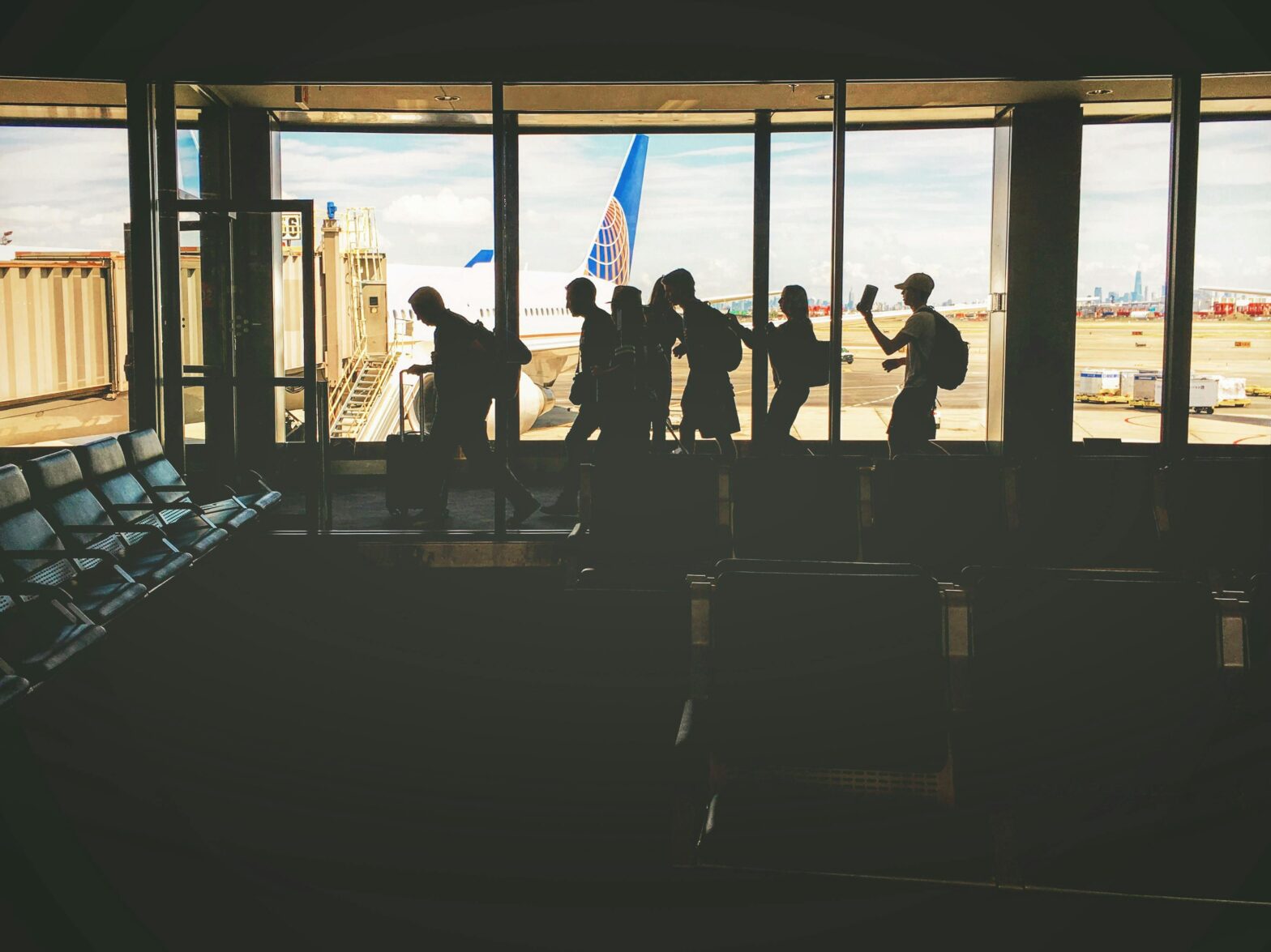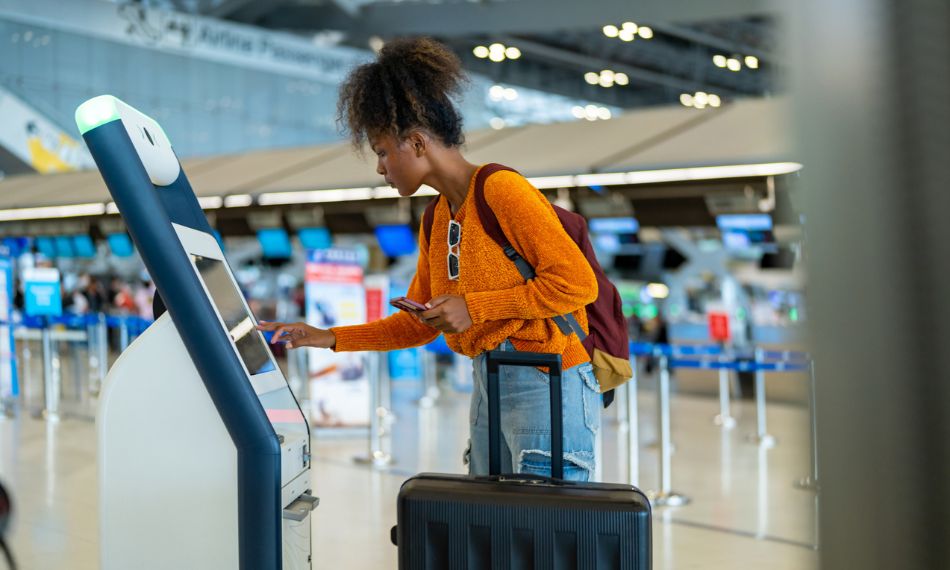AirBnb vacation rentals have become an increasingly popular investment. Growing demand for vacation rentals as investments, coupled with a pandemic, spurred a vacation buying boom in 2021. In 2020, vacation home purchases exceeded the growth of existing-home sales by 44% from the year prior. High yields or the ability to have a vacation home paid for by others does make it an attractive investment.
Unfortunately, the short-term rental industry causing a housing shortage both in the U.S. and abroad. Thus, rent prices are skyrocketing across major cities. The theory behind the “AirBnb Effect” comes as hosts convert long-term rentals that could house local residents and families to short-term rentals for visitors, thus decreasing an already short supply of housing. In addition to a housing shortage, a major slowdown in new housing construction and exclusionary zoning laws have also contributed to higher housing prices. Mortgage rates are at the highest they’ve been since 2006.
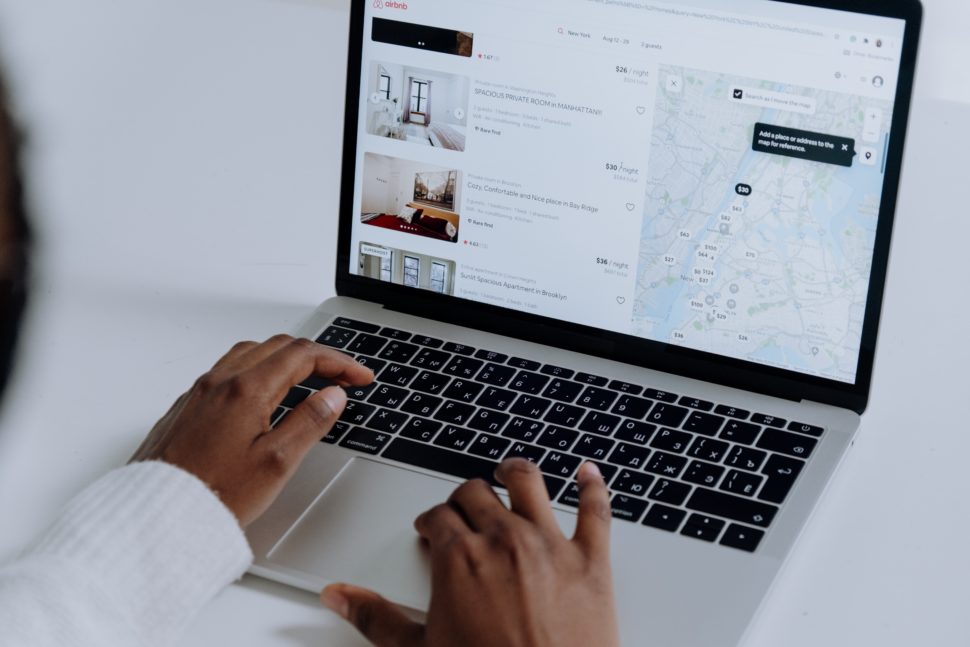
The AirBnb Monolopy
Airbnb’s commercial hosting enterprises do generate some economic gains for communities, but most of the revenues are going to a small pool of stakeholders. According to the Airbnb watchdog organization Inside Airbnb, about one-quarter of the hosts on the platform run roughly two-thirds of listings. The study also revealed, that not all listings are home shares– some are entire apartments that have been converted into de facto hotel suites as operators can earn far more from tourists than they would from residents paying market rents.
Case Study: New York City
New York City is a good case study. The New York City’s Comptroller’s Office published a report arguing the “increase of AirBnB supply cost New Yorkers a total $616 million in additional rent in 2016 as a result of price pressures.” Despite passing laws regulating the business of short-term rentals by commercial hosts, a 2020 report found that in 2016, 8,058 units of housing were lost to short-term renting and by 2018, that number surpassed 13,000. Experts agree that commercial hosts are likely leading the illegal ghost-hotel operations. In 2018 this created a rental-market ripple effect that cost every New York City renter an estimated $470 that year.
Related: Atlanta Limits Airbnb Properties for Short-Term Renters
Commercial AirBnb Hosts
Business Insider reports that in June 2021, a real-estate-investing firm in Ohio announced plans to spend up to $1.5 billion on a portfolio of short-term rentals. Earlier this year, a real-estate advisory firm also backed a $500 million fund to create a holding company for the property assets of the vacation-rental company. Major investment firms like “Blackstone Group, Davidson Kempner Capital Management, and Harrison Street are also establishing funds to invest in debt” relief to properties managed as short-term rentals and vacation lodging.
Bottom Line
Across the US, renters are being driven out of cities altogether by the housing crisis short-term rentals are causing.
When Business Insider asked Airbnb to comment on its impact on the housing market, AirBnb denied commercial hosts stating: “Countless studies and experts have identified the need to prioritize more housing construction as the key factor to addressing housing affordability issues. The majority of hosts on Airbnb today share just one home, and in the time since some of these studies were published, many cities have enacted rules to effectively regulate short-term rentals and protect affordable housing. We look forward to working with even more cities in the coming years to ensure home sharing continues to be an important part of creating economic opportunity and supporting tourism.”
